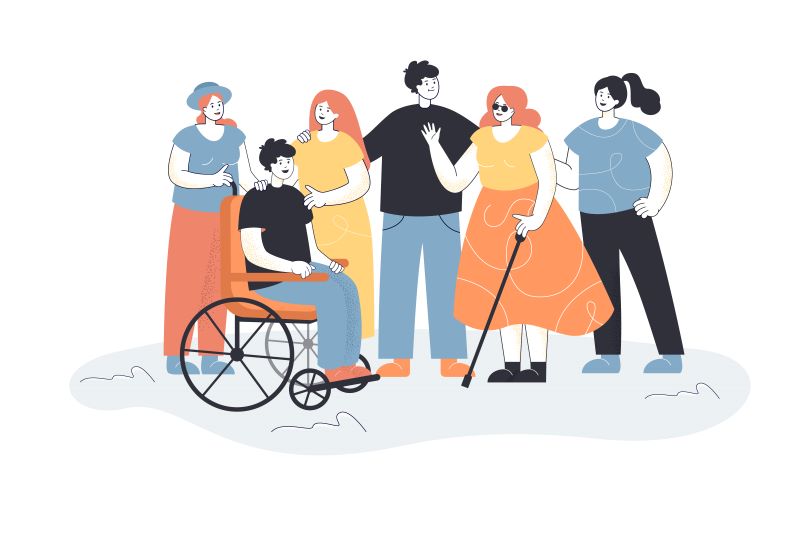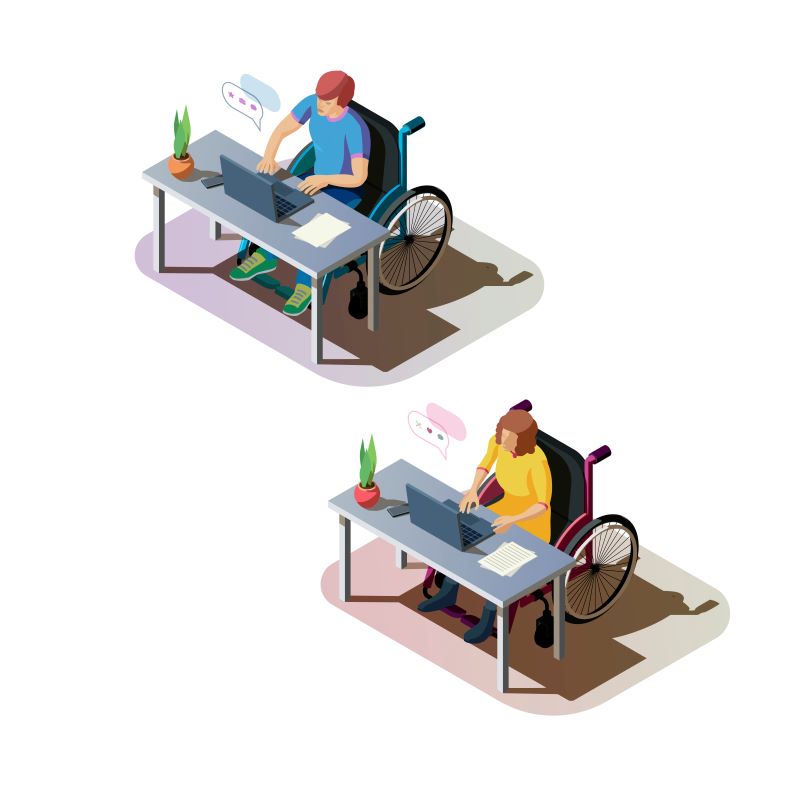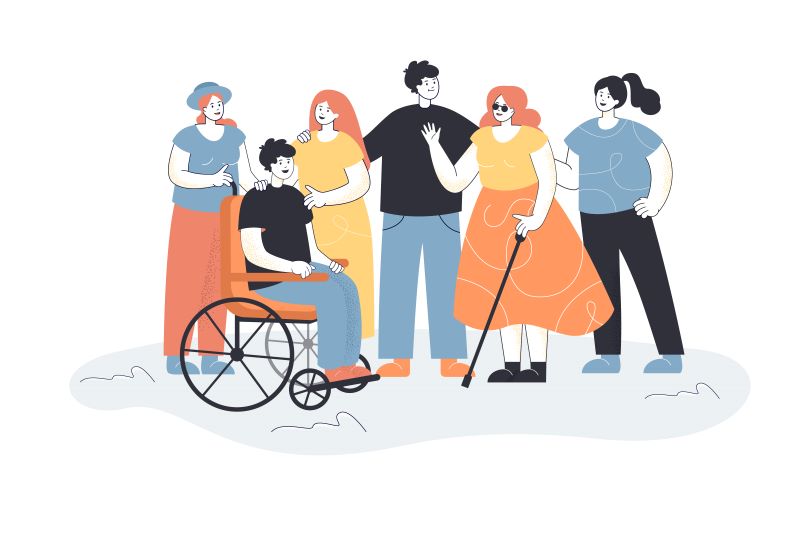Making your Workplace Differently Abled Friendly
As the global workforce evolves, so does the recognition of the significance of diversity and inclusion. The emergence of terms such as “differently abled” and “specially abled” has reshaped our understanding of people with disabilities. These words draw attention to the special skills and abilities that people with disabilities bring to the workplace. This exhaustive blog post aims to explicate the definitions of key concepts, underscore the importance of creating an inclusive work environment for individuals with disabilities, and illustrate the measures that organizations can adopt by drawing on real-world illustrations, research, and statistics from India.
Defining Differently Abled and Specially Abled
Differently Abled Meaning: The word “differently abled” refers to those who have skills and abilities that may not match those of the majority but are nonetheless very valuable. It emphasizes how important it is to focus on people’s strengths rather than their flaws. The term “Specially Abled” refers to the exceptional abilities possessed by people with impairments. It emphasizes the notion that these people have unique skills and aptitudes that positively distinguish them from the crowd.
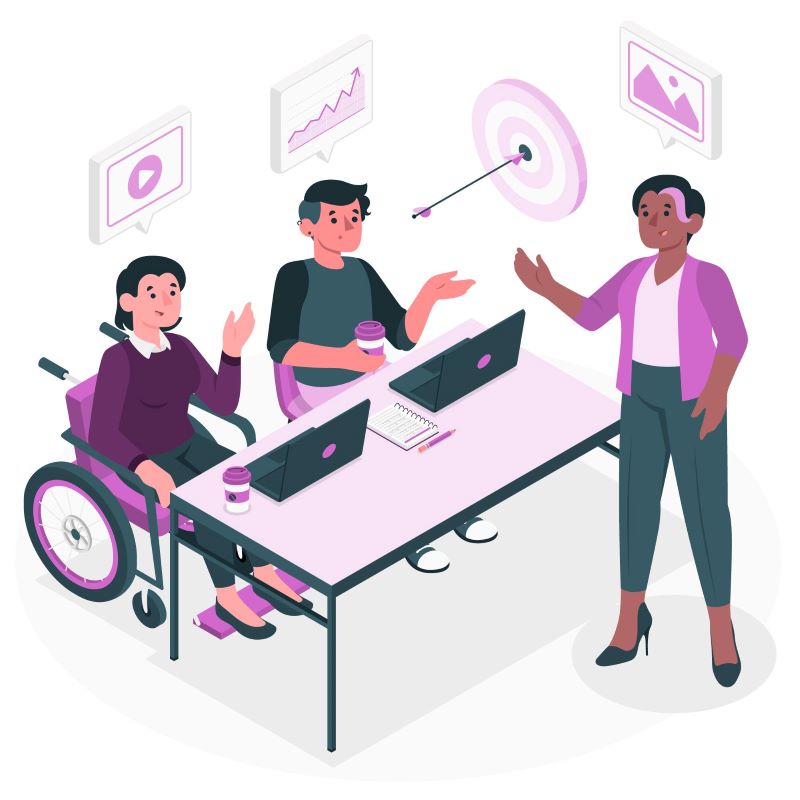
Breaking Stereotypes:
These concepts go against traditional labels such as “disabled” or “handicapped,” which have typically focused primarily on limits, leading to stigma and discrimination. Differently and uniquely abled are meant to be more inclusive and empowering alternatives.
The Significance of Differently Abled-Friendly Workspaces
- Making Use of Distinctive Perspectives:
By creating a work environment that is accommodating to individuals with various abilities, organizations gain access to a more extensive array of abilities, talents, and experiences.
- Innovative Approaches to Problem Solving:
Employees with diverse abilities contribute novel viewpoints and inventive approaches to problem-solving, which are advantageous for the entire team.
- Adherence to Regulations:
A number of nations, India included, have enacted legislation mandating that businesses provide inclusive work environments and equal opportunities for individuals with disabilities.
- Corporate Social Responsibility
A commitment to inclusivity reflects positively on the reputation of an organization and serves as an indication of its corporate social responsibility.
Statistics and Research of Differently Abled in India
- 2.2% of India’s population, or roughly 26.8 million people, are estimated to be differently abled, according to the 2011 Census.
- To support persons with disabilities, the Indian government has launched a number of programmes and initiatives. One such programme is the Accessible India Campaign, which aims to foster an inclusive community for those with disabilities.
- According to the National Centre for Promotion of Employment for Disabled People (NCPEDP), over 50% of disabled people are unemployed, underscoring the need for increased job involvement.
Barriers in the Workspace
- Infrastructure Challenges: Physical barriers, such as lifts, ramps, and inaccessible buildings, can be significant challenges for those with disabilities in India.
- Concerns with Transport: It might be difficult for commuters with disabilities to reach their places of employment since public transportation frequently lacks accommodations for them.
- Negative Perceptions and Attitudes: In India, stigma, prejudice, and misconceptions against people with disabilities are commonplace and might impede their advancement in the workforce.
- Limited Educational Opportunities: For people with disabilities, getting access to high-quality education can be difficult since there is a dearth of inclusive infrastructure and qualified teachers.
Some other Limitations:
- Creating an Accessible Environment:
Physical modifications that organizations can implement in the workplace include ramps, elevators, and restrooms that are accessible.
- Flexible Work Arrangements:
The provision of remote work opportunities and flexible work hours can effectively cater to the varied requirements of employees with disabilities.
- Providing Supportive Tools:
You can substantially facilitate the work performance of employees with disabilities by providing assistive technologies, including screen readers, voice recognition software, and specialized computer equipment.
- Training and Sensitization:
Organizations can implement training programs to cultivate consciousness and sensitivity among all employees regarding the requirements and capabilities of colleagues with various abilities. Mentorship programs that combine employees with disabilities with seasoned colleagues have the potential to offer valuable guidance and support, thereby augmenting their professional development.
Real-World Examples from India
- Tata Consultancy Services (TCS)
One of India’s largest IT services providers, TCS, has been actively promoting an environment that is accessible to employees with disabilities. They have launched the “Ability to Succeed” initiative to provide differently abled individuals with employment opportunities, training, and support. TCS is committed to ensuring the accessibility and inclusivity of its workspaces.
- Wipro
Another significant Indian IT company, Wipro, has implemented a “diversity and inclusion” initiative. This emphasizes the employment of individuals with disabilities and the promotion of an inclusive work environment. To facilitate personnel with disabilities, the organization has integrated flexible work policies and assistive technologies.
- Vindhya E-Infomedia
Vindhya E-Infomedia, an India-based provider of BPO and IT services, exemplifies an organization that proactively advocates for inclusiveness. They sustain a substantial workforce comprised of individuals with disabilities and offer them comprehensive training and assistance. The organization has received award recognition for its efforts in establishing an inclusive work environment.
Conclusion
Establishing a differently abled-friendly workspace that accommodates individuals with disabilities is not solely a regulatory requirement. It is rather a prescient choice that provides organizations with a multitude of advantages. Promoting an atmosphere that encourages the success of employees with varying abilities and embraces inclusivity enhances the work environment. It also contributes to the development of a more diverse and innovative workforce. Organizations operating in India, where the inclusion of differently abled employees is encouraged by legal mandates and social initiatives, possess a distinctive opportunity to leverage the skills and abilities of a diverse workforce. By further acknowledging the significance of creating an environment that is accessible to individuals with disabilities, organizations not only improve their own performance but also foster a more inclusive community. This community appreciates the distinct capabilities and potential of every member.
Are You an Inclusive Employer? Connect with DEIJobs for diverse hiring solutions.
DeiJobs is not limited to a specific industry or profession; it caters to a wide range of fields. Whether you’re a tech enthusiast, healthcare professional, or creative artist, this platform offers opportunities for everyone.
